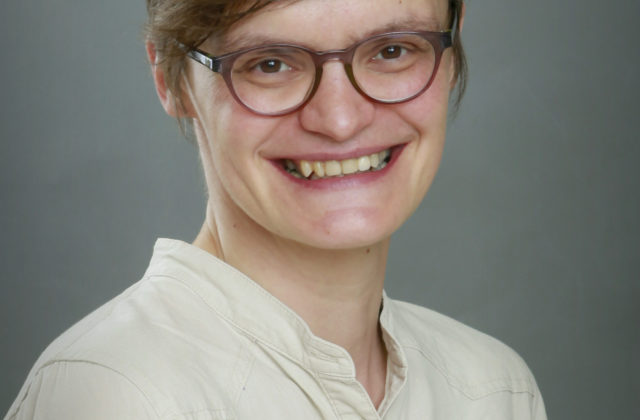Mirrors and rulership in Eastern Eurasia
In the medieval and early modern periods mirrors to princes, intended to teach princes how to become kings or emperors, became available in vernacular languages to audiences of merchants, the military, the clergy, bureaucrats, and commoners. What effects did the vernacularization of political advice have in Asian and European history? Did it contribute to the centralization or delegation of power?
Project Description
In the seventh and eighth centuries Chinese emperors and political advisors produced a handful of texts on how to be an emperor. These texts, including The Golden Mirror, Model for an Emperor, and The Essentials of Government of the Zhenguan Reign built on earlier tracts on rulership but differed from these in topical coverage, organization, sources, authorship, practical orientation and use. I propose to write a book about the history of the production and reception of political advice literature in Eastern Eurasia between 600 and the present. I aim to revise the assumption that “China did not have Mirrors for Princes as such but only commentaries on the classic works of Confucius and Mencius” and rescue the history of East Asian mirrors from the rhetoric of national essence adopted in East Asia today.
Selected Publications
2015 Information, Territory, and Networks: The Crisis and Maintenance of Empire in Song China. Cambridge, MA: Harvard University Asia Center, 2015.
2016 The Making of the Literati Notebook (9th-13th C), co-edited with Chu Mingkin. Theme issue in East Asian Publishing and Society 6.
2016 Chinese Empires in Comparative Perspective: A Digital Approach [with Chu Mingkin and Ho Hou-Ieong]. “Empires and Imperialism in Asia,” special issue in Verge: Studies in Global Asias, vol. 4, 58-
69.
